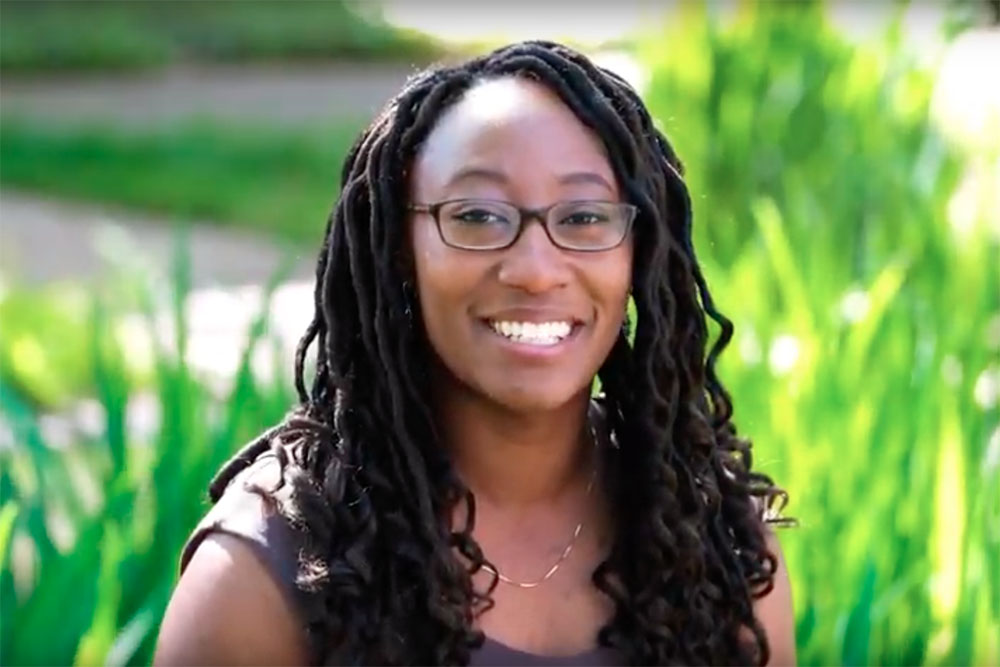In the 2018 midterms, Black women ran for office and changed the face of politics across the country. Before the 2018 midterms, Black women made up just 3.6% of Congress. Now, 21 Black women currently serve in Congress. However, there is still a lot of room for improvement, and it has to start locally.
In Dallas, Texas, DeDe Alexander has spent her career advocating for families and children, while also fighting structural barriers herself. She has seen firsthand the impact of income inequality and the way opportunity and justice can really change lives. When DeDe was a child, her parents went back to college to provide for herself and her brother. Because of the investment in the Douglas community, a former freedmen's town in Plano, DeDe was able to attend college at Washington University in St. Louis.
Therapists aren’t traditionally elected to office, but DeDe’s experience working for Dallas Country for the juvenile department has given her exposure to those often forgotten by elected officials. She has seen first hand how poverty and inequity lead to other social issues, a lingering effect of redlining and continued lack of investment in communities of color by the city of Dallas. “Juvenile delinquency, and crime in general, is a symptom of poverty.”
Dede believes that investing in people is the way to better deal with the issues in Dallas. Dallas is in the top three cities for childhood poverty and income inequality and we suffer due to this reality.
“You’ve got to have economic opportunities for people so they can afford to live and not go toward a life of crime,” says Alexander. “Vocational programs, mental health resources and nonprofits are all shown to decrease crime.”
This would be a drastic change from the current way crime is treated in the northern part of her district, which is over-policed and under resourced.
People think of issues such as criminal justice, affordable housing, educational attainment and poverty as issues that are national, but oftentimes it is your city government that addresses these issues head-on. Working with local businesses, fighting for more inclusive and mixed income zoning, budgeting park programs, arts programs and after-school programs to decrease crime and provide opportunities for wealth attainment are all within the wheelhouse of a city counselor — which is why having more Black women in local office is so important.
DeDe would be the youngest city councilor in Dallas and would be an addition to the three women out of the 15 person council. Having experienced the first-hand effects of social and income inequality, she has an important perspective to bring to the table. Dallas needs change, and DeDe is willing and able to fight for it, as Black women have always done.
To learn more about DeDe Alexander, go to dedefordallas.com.
